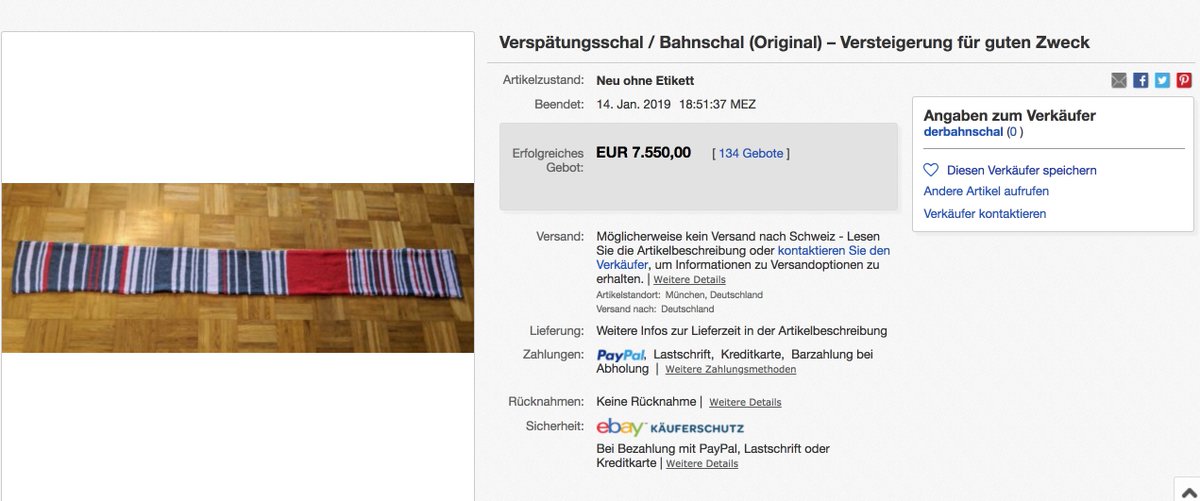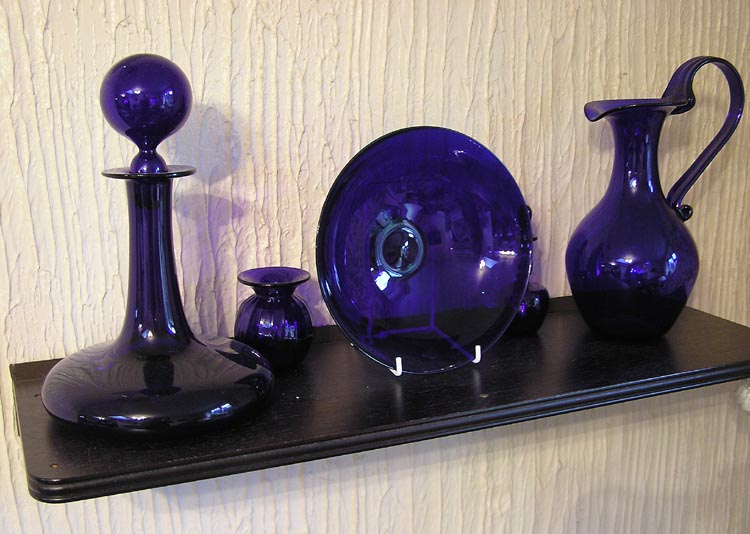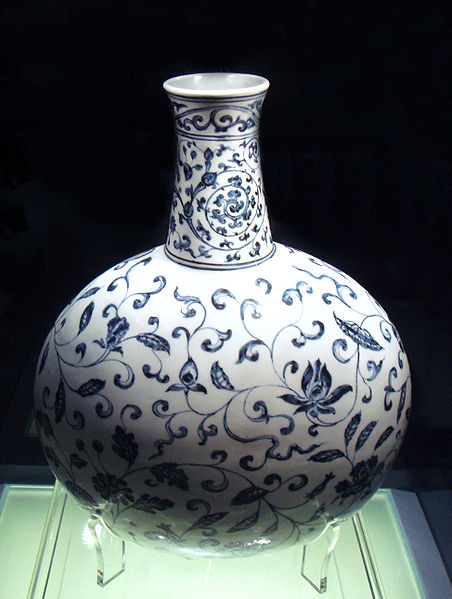This passage is from the opening remarks of a 1990 report from M. Maurice Druon, Permanent Secretary of l'Académie française.
M. Maurice Druon, Secrétaire perpétuel de l’Académie française.
Quand un Premier ministre se penche sur l’état de la langue française, ce qui n’arrive pas tous les jours, il met ses pas, volens nolens, dans ceux de Richelieu. Quand le Cardinal fonda l’Académie, il lui assigna pour principale fonction de donner des règles certaines à notre langue, de la rendre éloquente et pure, capable de traiter des arts et des sciences. En installant, en octobre dernier, le Conseil supérieur ici assemblé, vous le chargiez, entre autres missions, de formuler des propositions claires et précises sur l’orthographe du français, d’y apporter des rectifications utiles et des ajustements afin de résoudre, autant qu’il se peut, les problèmes graphiques, d’éliminer les incertitudes ou contradictions, et de permettre aussi une formation correcte aux mots nouveaux que réclament les sciences et les techniques.
When a Prime Minister examines the state of the French language, which does not happen every day, willingly or not his steps are following the path of Richelieu. When the Cardinal founded the Academy he gave it as its main function to make rules for our language to make it eloquent and pure, and capable of dealing with the arts and the sciences. When setting up our High Council last October you charged it with, among other things, formulating clear and precise proposals for the spelling of French, and bringing in useful corrections and adjustments to solve, as much as possible, writing problems to eliminate uncertainties and contradictions, and also to allow to the correct formation of new words that science and technology demand.
****
And what experts does the English language have to keep it pure and accurate?
None at all. The language is a bun fight. A free-for-all.
I mean, no one's even trying to make the language eloquent.
But, I don't know...there are times when precision might perhaps be overrated; and, actually, there's no doubt that trying to impose rules on English usage is the one thing guaranteed to drive English speakers to passionate and complete rebellion.
Maybe we're best pottering about through the mist, after all.
Word To Use Today: one that's not been approved by the authorities. Which is, let's face it, more or less all of them.
NB Curiously, volens nolens, which is used in M. Druon's introduction, is actually Latin.


























